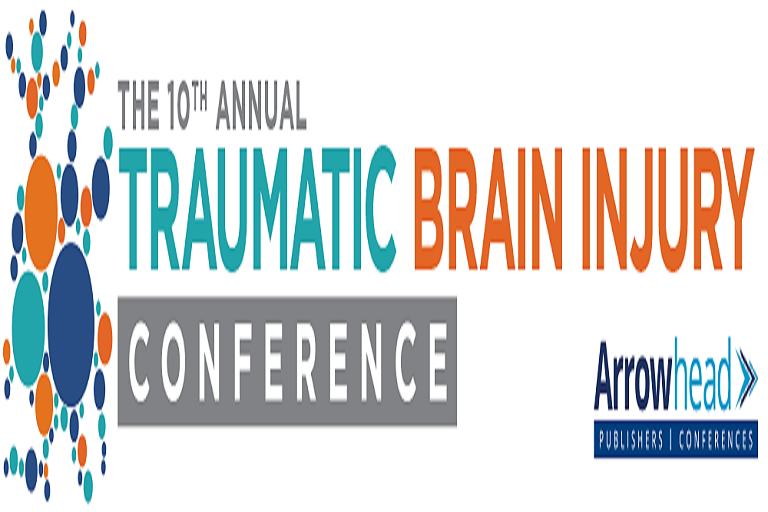As providers ramp up patient engagement efforts under Meaningful Use Stage 2 and the ONC focuses even more on patient engagement and satisfaction for Stage 3, the way patients view and ultimatley use health information technologies are also evolving.
In Pennsylvania, the nation’s sixth-largest state and very much an American microcosm with large cities, a sprawling rural population and a diversified economy, the eHealth Partnership Authority recently polled consumers of to gauge their health information knowledge and priorities, as the organization coordinates HIE efforts across the state.
Here are four findings that providers and policymakers should keep in mind as they craft patient engagement strategies:
1. Access priorities. More than 70 percent of Pennsylvanians polled this past summer said they think it’s important to have online access to their own records through their provider’s EMR systems, and 90 percent believe state and federal policy should protect the integrity of health records, especially in digital form.
Generally, the survey did not find much demographic variation in how Pennsylvanians ranked the importance of digital health information access or their understanding of their rights and the current system, aside from some differences between those without high school diplomas and those with college educations.
But one finding shows what may be some generational differences in views on health IT that providers and policy makers should pay attention to as they craft engagement strategies: Only 39 percent of Pennsylvanians over the age of 65 rated online access to their medical records as very important, while 71 percent of all polled held that sentiment.
Baby boomers on the younger end of the spectrum are a patient demographic who are generally comfortable using computers, and those in their sixties and early seventies “love tablets,” as Barbara McCann, the chief industry officer of the home health franchise company Interim HealthCare told Government Health ITearlier this year.
But many current Medicare patients — at least Pennsylvanians polled by the eHealth Partnership Authority — may simply be accustomed to more traditional doctor-patient relationships, and in rural parts of the country internet access may be so slim that seniors rarely use computers.
Which is not to say they don’t want access to and control of their health information, just that providers may have to think creatively about ways to work with them, their families and caregivers to ensure that senior patients are getting their information in some form. It’s also never too late to learn, and prices for tablets and smartphones are falling. It may eventually become worthwhile to provide certain patients with devices.
2. Access extent, pre-MU2. At the same time that a majority want online access, only 30 percent of Pennsylvanians polled said their primary care physician offers online access to their medical records.
That of course is changing under Meaningful Use Stage 2; providers have to make patient records accessible in digital form to attest. But almost half of the roughly 1,000 Pennsylvanians polled did not know they would soon have that access; only 43 percent knew they would soon have that right, more likely people with a high school education or a college degree.
Almost 90 percent, however, were aware that they are entitled to a copy of their medical records in some form — a testament to HIPAA’s impact and the federal government’s emphasis on enforcing that right.
3. What’s HIE? While many of those polled want online access and think digital health records are beneficial, less than half were aware of the benefits of health information exchange and only 28 percent knew that policies for HIE were being standardized across Pennsylvania, where there are multiple HIEs, in central and western parts of the state, and a burgeoning HIE for greater Philadelphia.
When Pennsylvanians were asked in the poll if they knew that HIE enables providers caring for them to securely access their medical records regardless of where they are stored, only 51 percent were aware; 39 percent did not know.
As Lygeia Ricciardi, director of the ONC’s Office of Consumer e-Health, toldGovernment Health IT recently, some patients may assume their data is already following them from primary care doctors to specialists, or that it’s easily accessed if they visit an ER in another state — underscoring the importance of personal health information management and apps like the Blue Button, especially for patients with chronic conditions.
4. How patients learn about health issues. Doubtless the internet on the whole is a boon for healthcare recipients and providers. Yet it has the potential to stoke hypochondria, spread misinformation and encourage people to try to diagnose potential health problems without professional help. As one New Yorkercartoon captured it, with a wife asking her husband: “Should we keep talking about it calmly or go on the internet and get scared about it?”
While physicians are still the single most important channel for health education, increasingly more consumers are turning to the internet for health education, especially young people. More than 65 percent of those polled said they often turn to the internet for health information, 33 percent said they use mobile applications and 12 percent cited social media. Meanwhile, particularly those over the age of 65 rely heavily on newspapers, about 55 percent of all those polled.
As more and more people turn to the internet for health information and as providers try to meet patients there, making sure people are getting accurate information and seeking help when they need it is something providers and governments will have to do with increased online resources, as the Mayo Clinic and the Centers for Disease Control have been doing. It also underscores the importance of providers meeting their patients in community settings, whether via online forums, mobile apps or meetings in physical venues.








































